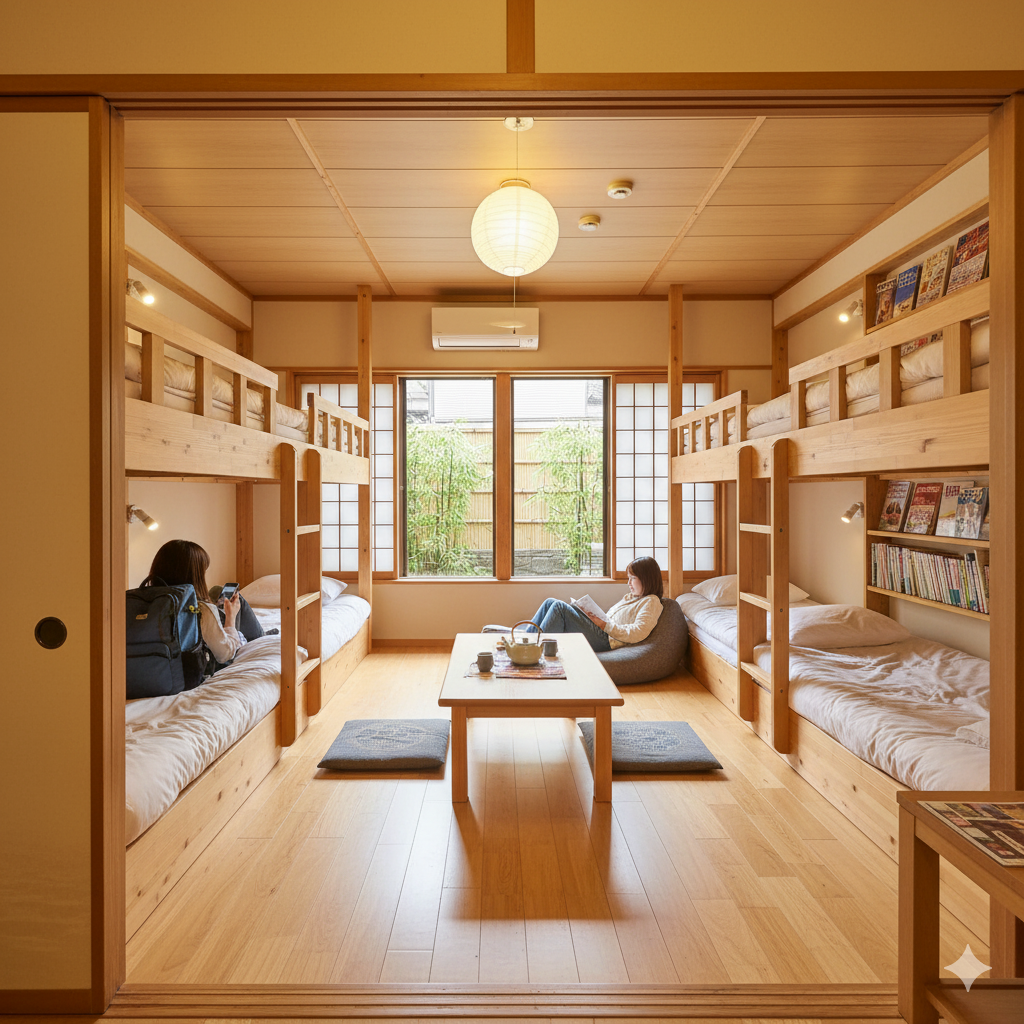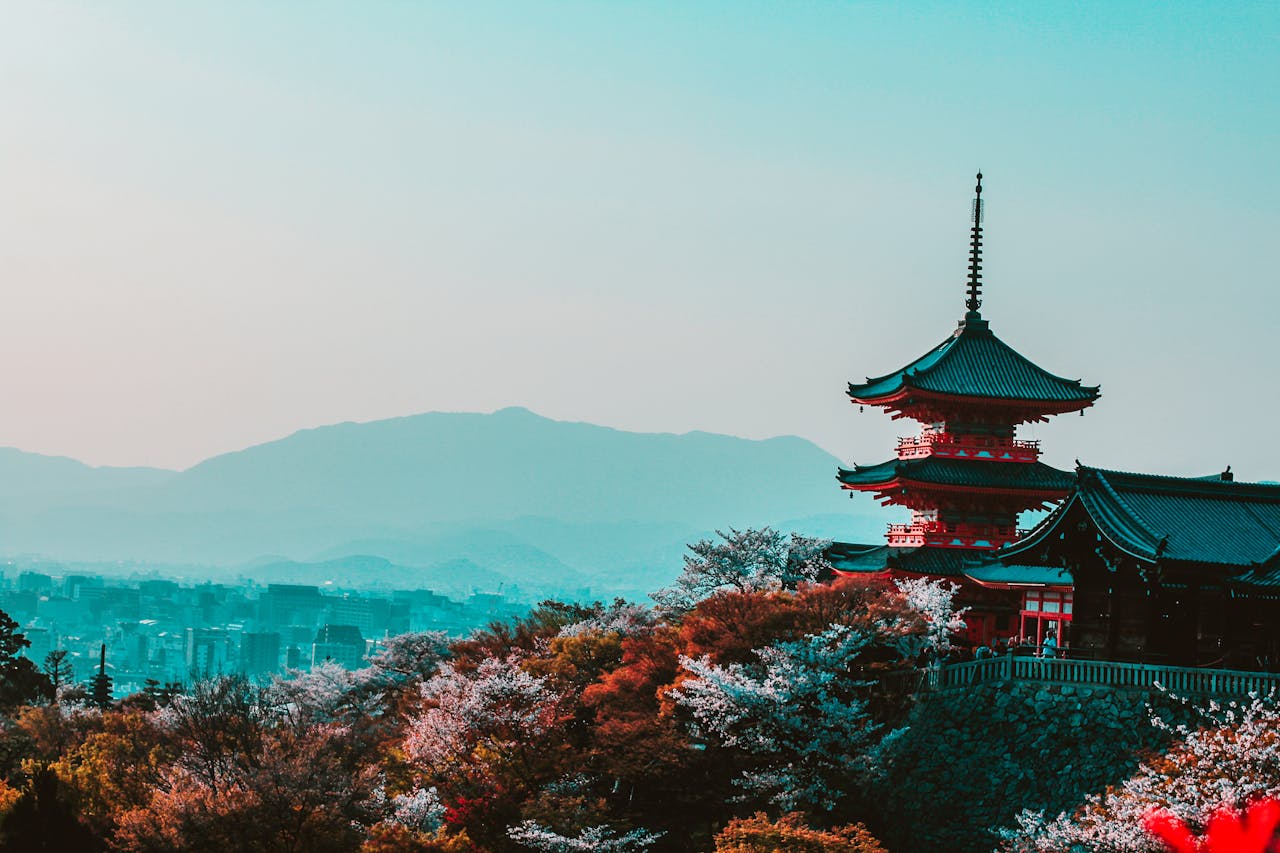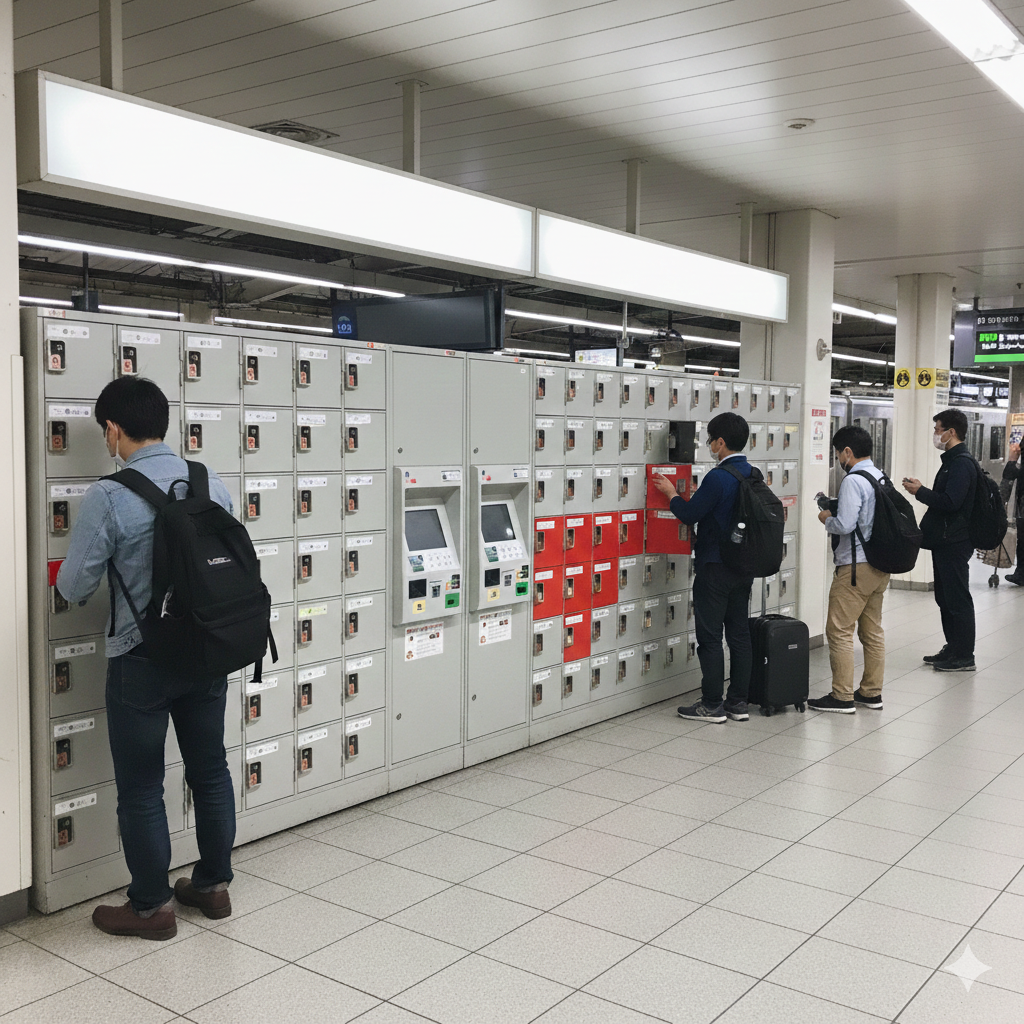Japanese Hostel Rules That Shock First-Time Travelers

Japan is known for its spotless streets, quiet trains, and deep respect for order, and that sense of discipline extends right into its hostels. For budget travelers expecting a laid-back backpacker vibe, staying in a Japanese hostel can be both fascinating and surprising. The country’s approach to shared living is unlike anywhere else in the world, and some of the rules might leave first-time visitors completely stunned.
The Silence Is Real
The first thing travelers notice when entering a Japanese hostel is how quiet it is. In most countries, hostels are filled with conversation, laughter, and music from portable speakers. But in Japan, silence is golden. Guests speak softly, phone calls are rare, and even footsteps are muffled by slippers. This isn’t because people are unfriendly but because everyone wants to respect others sharing the same space.
For first-timers, the quiet atmosphere can feel strange at first, but after a few nights it becomes calming. It is one of the reasons Japanese hostels feel more like minimalist retreats than chaotic dorms.
Shoes Off, Always
Removing shoes before entering indoor spaces is a core part of Japanese culture, and hostels are no exception. Many have a designated shoe area near the entrance where guests must change into indoor slippers. Forgetting to do so is considered rude and unhygienic, especially in tatami-floored or shared sleeping rooms.
It may surprise travelers who arrive tired after a long day, but once you experience how clean it keeps the hostel, it starts to make perfect sense.
Curfews Still Exist
Even in a world of 24-hour convenience, some Japanese hostels still maintain curfews, usually around midnight. After that time, the doors are locked, and late check-ins or re-entries are not allowed.
This rule isn’t meant to restrict guests but to preserve peace and safety. Hostel owners want to ensure that everyone inside can rest undisturbed. For night owls, it can feel restrictive, but for early sleepers, it’s a welcome quiet period.
No Talking in the Sleeping Pods
Capsule hostels are a uniquely Japanese concept that amazes many travelers. But they come with one strict rule: no talking inside the sleeping area. Conversations, phone calls, or even loud movements are discouraged. Staff may gently remind guests to stay quiet if necessary.
While this surprises those used to social dorms, it reflects Japan’s deep respect for personal space. Most hostels provide lounge areas where you can talk freely or make calls.
Showers Have Unspoken Etiquette
Japanese hostels often apply the same etiquette as public baths. The main rule is to wash and rinse thoroughly before entering any shared area. Even in private stalls, guests are expected to leave everything spotless. Hair dryers and toiletries are usually provided in shared vanity spaces, and leaving mess or water behind is frowned upon.
For travelers used to quick showers, this level of order can be surprising but ultimately refreshing because it keeps everything clean for everyone.
Eating in the Dorm Is Not Allowed
In Japan, eating or drinking in dorm rooms is usually discouraged. The sound and smell of food can easily disturb others. Hostels provide shared dining areas or kitchens so guests can eat comfortably without inconveniencing anyone.
This reflects the cultural concept of meiwaku, or avoiding actions that bother others. Once travelers understand this, they realize how it contributes to Japan’s calm and organized atmosphere.
Tattoos Can Still Be an Issue
Although Japan is becoming more open about tattoos, they still carry social stigma in some places. Hostels connected to traditional bathhouses might ask guests to cover them in public areas. Tattoos were historically associated with organized crime, and while many modern hostels ignore this rule, it’s best to check the policy beforehand.
Travelers are often surprised to find that something common elsewhere still causes hesitation in Japan.
Check-Out Means Exactly Check-Out
When a Japanese hostel lists check-out at 10:00 a.m., they mean it. Staff often start cleaning right away, and lingering can feel impolite. The same applies to check-in times; arriving early usually means waiting until the scheduled hour.
This punctuality can surprise travelers used to flexible timings, but it is part of Japan’s precision and respect for time. It ensures that every room is spotless and perfectly prepared for the next guest.
Final Thoughts
Staying in a Japanese hostel is not just about saving money. It is a lesson in the country’s values of respect, cleanliness, and harmony. Some rules may seem strict at first, but they exist to create a peaceful and comfortable environment for everyone.
For first-time visitors, these customs might be surprising, but embracing them reveals the quiet beauty of Japanese hospitality. Once you experience it, you may find yourself wishing hostels everywhere followed the same thoughtful standards.



